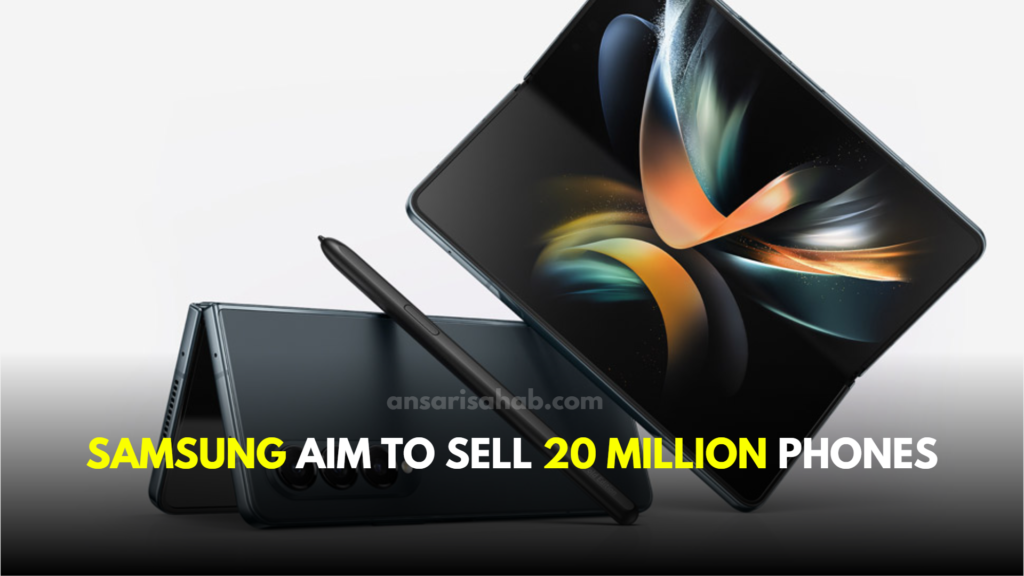Android 16 launched in June 2025, bringing a host of upgrades that redefine usability, accessibility, and security. As the fastest major Android release rollout in years, it sets a new standard in productivity, AI integration, and cross-device harmony.
Release Timeline & Rollout Schedule
- June 10, 2025 – Android 16 officially began rolling out to Google Pixel devices, available via system updates.
- Q2–Q3 2025 – Major OEMs like Samsung, OnePlus, OPPO, Vivo, Xiaomi, and Honor began beta testing, with stable launches expected through late 2025. Samsung’s One UI 8 and foldables should debut around July, while other brands aim for deliveries by Q3–Q4 2025.
Visual & Interface Enhancements
- Material 3 Expressive Design: A powerful evolution of Material You with fluid animations, richer colors, haptic feedback, refined icons, and layered translucency—rolling out in stages through 2025.
- Redesigned Quick Settings: New vertical grid layout enables more toggles on screen for faster control, replacing the older cramped interface.
- Lock-Screen Widgets: Set to launch in a September QPR1 update, these bring truly customizable widgets right to the lock screen for quick-glance info.
Smarter Notifications & Productivity Tools
- Live Updates: Real-time progress notifications for rideshares, deliveries, and navigation, directly integrated into the notification shade or lock screen.
- Auto Grouping & Notification Cooldown: Notifications from the same app are clustered automatically, and bursts of alerts are muted temporarily to reduce overwhelm.
- Desktop Windowing Mode: Coming soon to tablets and foldables, this feature offers multi-window resizing and floating apps—bringing a desktop-like experience to Android.
Accessibility & Communication Enhancements
- LE Audio Hearing Aid Support: Users can now redirect input through the phone’s mic for clearer calls, plus control hearing devices natively via smartphone.
- Health Connect Enhancements: Medical records, like immunization data, can be managed securely using the FHIR format—laying groundwork for expanded digital health integration.
Security & AI Smarts
- Advanced Protection Mode: A one-tap security suite offering robust protections against malware, scam calls, and other threats—ideal for high-risk users.
- Identity Check & Trade-in Mode: These raise safety by enforcing biometric checks outside trusted zones and safeguarding personal data during device transitions.
- Agentic AI & Gemini Integration: Android 16’s intelligent system learns routines, anticipates app needs, summarizes content, drafts messages, and adapts over time to become proactively useful.
Rich Media, Privacy & Developer Tools
- APV Video Codec & Hybrid Exposure Controls: Pro-level video recording, manual camera adjustments, and advanced HEIC night photography improve content creation.
- Privacy Sandbox Enhancements: Balances personalization and tracking protection by shifting ad personalization to on-device processing.
- Adaptive Apps & Vertical Text Support: Apps now adapt fluidly to large-screen devices without developer restrictions, and vertical text rendering adds support for languages like Japanese.
- Embedded Photo Picker: Seamlessly access cloud-stored media in apps without jumping between sources or granting full album access.
- Linux Terminal Integration: Android 16 lets users launch a Debian-based VM environment on-device—ideal for devs wanting full desktop command-line power.
Miscellaneous Enhancements & Future-Ready Tech
- Notification Cooldown: Temporarily suppresses repetitive alerts to minimize distractions.
- Smart Power Saver Modes: Adaptive tweaks to brightness, CPU usage, and background tasks extend battery life.
- Cross-Device Sharing & Enhanced Nearby Share: Share files and data across devices quickly—even with multiple recipients simultaneously.
- Universal Device Search: One search bar to access apps, contacts, settings, and files—powered by AI for faster results.
- Smart RAM, Faster Launches & Dynamic Themes: Smarter resource handling, lightning-fast app loading, and expanded theming consistency across apps.
Looking Ahead: What Comes Next?
- Late 2025: Wider rollout of Material 3 Expressive and desktop windowing.
- September 2025 (QPR1): Lock-screen widgets go live.
- By 2026: Immutable rules enforcing adaptive apps on large screens take effect.
With Android 16, Google delivers a milestone in design, AI, security, and productivity. Whether you’re a power user, creative professional, or developer, this update raises the bar in everyday mobile experiences.
🔹 FAQs for Android 16 Launch
Android 16 was officially launched on June 10, 2025, beginning its rollout with Google Pixel devices.
Google Pixel smartphones were the first to receive Android 16, with Samsung, OnePlus, Xiaomi, Vivo, and OPPO expected to roll out updates in Q2–Q4 2025.
Key highlights include Material 3 Expressive design, desktop windowing, live updates in notifications, advanced protection mode, lock-screen widgets, and AI-powered Gemini integration.
Yes. Android 16 introduces Advanced Protection Mode, stronger biometric checks, and trade-in safety features, making it one of the most secure Android releases.
Yes. Android 16 brings desktop-style windowing, adaptive apps, and vertical text support, making it highly optimized for tablets and foldable devices.
Android 16 allows devs to run Linux terminal commands via a Debian-based VM, ensures adaptive app design for large screens, and introduces enhanced privacy sandbox APIs.
Lock-screen widgets are expected to launch with the QPR1 update in September 2025.
Compared to Android 15, Android 16 offers more AI features, better productivity tools, a refreshed UI, stronger privacy protections, and enhanced health & accessibility features.
Sources:
Blog.google
Android.com









